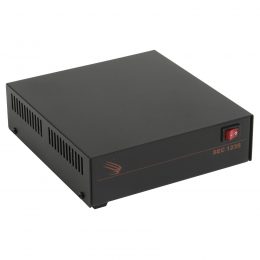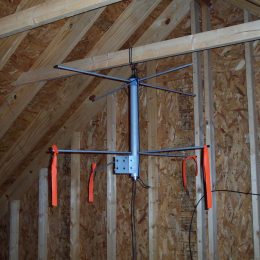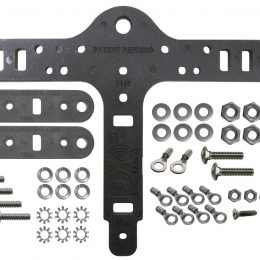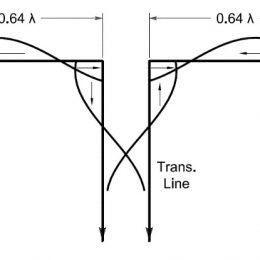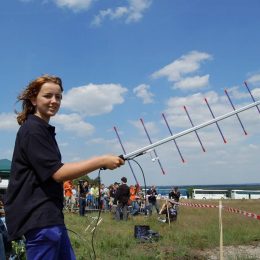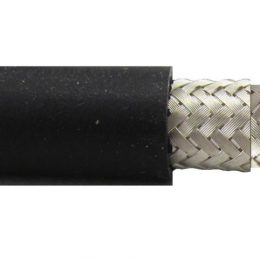Products & Product Reviews
In previous Word of the Day posts, we discussed two common power sources for portable operations on Field Day—batteries and generators. Today, we’re going to take a brief look at […]
Antenna Tech / Technical Articles
In the attic, you ask? Yes, in the attic! Many Hams, including many of you reading this, are limited by HOA or other outdoor antenna restrictions. But even if you […]
Products & Product Reviews
One of the great things about Field Day (June 27-28, 2020) is that it gives you an opportunity to stray from your comfort zone, especially when it comes to using […]
Photo Galleries
Editor’s Note: Every month, DX Engineering features QSL cards from our team members’ personal collections. Usually we showcase ones from entities that are currently active or will soon be QRV. […]
Products & Product Reviews
One of the easiest and most affordable ways to get on the air during Field Day is with a wire antenna. As you’re making plans for the big weekend (June […]
Antenna Tech / Technical Articles
The oldest radio antenna is—guess what—a dipole. In fact, a dipole was used by Professor Hertz to discover electromagnetic waves in 1886. How did he decide to use a dipole? […]
Technical Articles
We all get in ruts. It’s easy to just keep doing what we always do. Often it takes a major external change to stimulate us to make changes and try […]
Uncategorized
ARRL Field Day (June 27-28, 2020) can be a challenge if you’re not properly prepared. One of the biggest obstacles to a successful Field Day can be setting up multiple […]
Events
A lot can happen in a year. As we wrapped up Field Day 2019, many Hams were already hatching plans for 2020. How can we improve our club’s score? What […]
Products & Product Reviews
DX Engineering announced the addition of seven new types of coaxial cables that Hams can choose when using the company’s Online Custom Cable Builder. Available at DXEngineering.com, the Online Custom […]

